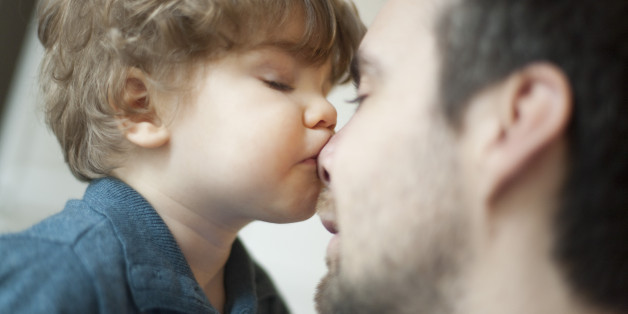
Helping Parents with Fearful Children

Dealing with anxiety is never easy, especially for small children. It is estimated that 1 in 8 children suffer from anxiety and almost 40 million adults. Anxiety is an illness, not a result of bad parenting or spoiled children. There is help if you know where and how to get started.
Causes of anxiety may be heredity, difficult family situations, death, moving or family financial issues. Parents of children with anxiety struggle to find answers to this devastating illness and get help with their child. The first step for parents should be consulting with the child’s pediatrician or school guidance counselors. An evaluation will help start the process of steps to helping children cope with anxiety. There are various techniques that can be utilized.
A pediatrician may recommend talk therapy, which has been shown to help children learn to cope with anxiety in their lives. Cognitive behavioral therapy can help most children deal with social issues, triggers that cause anxiety and provide solutions to help calm difficult situations. In addition to therapy, a therapist can advise parents on creating coping skills at home. If the child’s symptoms cannot be relieved by therapy, the pediatrician may recommend prescribing antidepressants in conjunction with therapy.
At home, parents can practice coping skills routines with their children. These skills could consist of deep breathing and muscle relaxation exercises. Writing exercises to address what triggers their anxiety and test possible solutions. Encourage the child to “talk back” to their worries and reframe thought patterns. As a parent, learning to empathize and let them know you understand.
Parents should make sure that their children meet all their health needs. Sleep is especially important and could include reading relaxing books at bedtime or practicing relaxation exercises. Children should have healthy meals and plenty of water during the day. Besides to outdoor play time, children need a “downtime”, to unwind from the stressors of their day.
Anxiety can’t be eliminated, but it can be managed. It is part of whom the child is and ways can be found to cope and improve their lives. Never avoid situations that make them anxious and work on skills that help manage fears. Teach the children to respect their feelings and encourage them to face what frightens them. By encouraging children to tolerate and recognize anxiety, they will come to understand that anxiety has to take its natural course.
As a parent with an anxious child, a parent should take time for themselves for their own mental health well-being. parenting children with anxiety won’t be easy, but it can and has been done. You didn’t do anything wrong and neither did your child. So, let go of guilt, you’re a great parent and you have a great child.
Parents should “think through situations”, with their child and find ways together to handle these anxiety situations. It’s okay to worry but brainstorm ideas with the child to overcome stressful feelings. Even offering small rewards for accomplishing these steps can entice a child to practice stress relief.